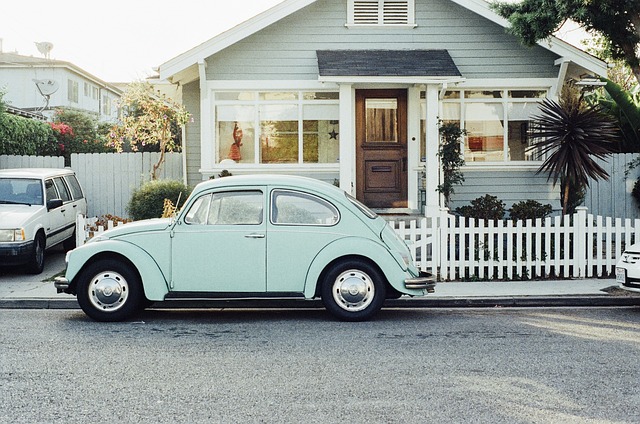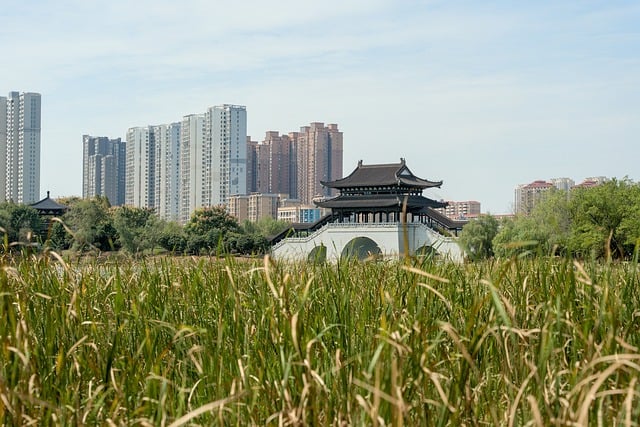In recent years, the concept of community development has taken on new meanings, particularly as we witness a global shift towards more sustainable practices. One of the most inspiring approaches to fostering this development lies within the embrace of gardening initiatives focused on eco-friendliness. Through these initiatives, communities are not only nurturing the earth but also cultivating a sense of togetherness that enriches both the individuals involved and the environment around them.
Imagine a barren lot in your neighborhood transformed into a vibrant community garden, bursting with colors and the sound of laughter. This transformation does not just serve as an aesthetic enhancement; it promotes the green ideal of sustainable gardening that encourages local ecosystems to thrive. By choosing native plants and organic practices, community members contribute to the preservation of local biodiversity, allowing nature to flourish in a symbiotic relationship with human development.
Gardening is inherently linked to the environment, and its impact stretches beyond personal wellness. Community gardens serve as a vital resource, offering educational opportunities for children and adults alike. Workshops on composting, plant care, and even cooking demonstrate how the environment can provide for us in ways beyond mere consumption. When we cultivate our food, we foster an understanding of where it comes from, leading to healthier eating habits and an appreciation for nature.
Moreover, the act of gardening is inherently meditative and restorative. As individuals dig their hands into the soil and witness the fruits of their labor grow, they also experience a unique therapeutic process. This connection to nature promotes mental well-being, reduces stress, and encourages social interaction, knitting together a tightly woven fabric of community. It is within these shared experiences and common goals that a powerful sense of belonging blossoms.
One key aspect of eco-friendly community development through gardening is the establishment of green spaces. These areas not only beautify neighborhoods but also combat urban heat, improve air quality, and provide a habitat for various species. By advocating for the integration of green spaces in urban planning, communities can make strides toward a healthier environment. As residents come together to plant trees, create pollinator gardens, or restore vacant lots, they not only make their surroundings more livable but also raise awareness about environmental issues.
Moreover, community gardening initiatives encourage local economies by promoting the use of local resources and services. Farmers’ markets often spring from these projects, creating a direct line for residents to access fresh, organic produce while supporting local farmers. This circular economy is essential for sustainable community development, as it fosters a sense of pride and ownership among community members.
As we engage in these eco-friendly initiatives, it’s crucial to involve diverse voices and experiences. Inclusivity ensures that community gardens reflect the unique cultural backgrounds of all participants, creating a vibrant tapestry of voices and practices. Potluck dinners, multicultural gardening events, and workshops themed around various cultural traditions can foster understanding and unity. Moreover, these gatherings build networks of support that may lead to increased collaboration on larger community projects.
In adopting gardening as a core aspect of eco-friendly community development, we cultivate not only plants but also relationships that blossom over time. These relationships nurture trust, cooperation, and resilience, enabling communities to tackle the challenges of a rapidly changing world. As we navigate environmental crises, social disconnection, and economic strain, the garden stands as a beacon of hope, illustrating that together, we can sow the seeds of a brighter, more sustainable future.
So let’s grab our gardening tools and join hands with our neighbors. Through collective effort, compassion for the environment, and a commitment to each other, we can thrive in a community that respects nature and uplifts its members, paving the way for eco-friendly community development that benefits all.




